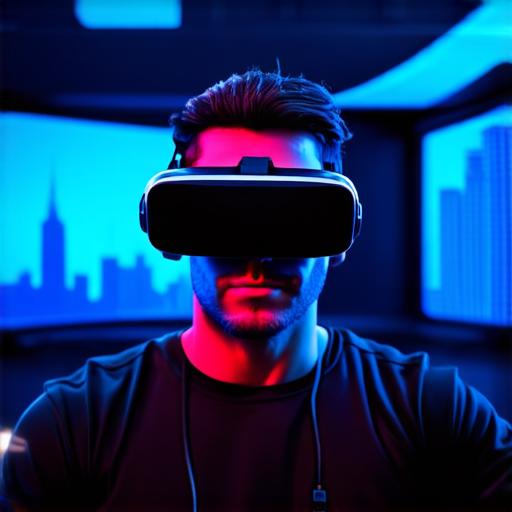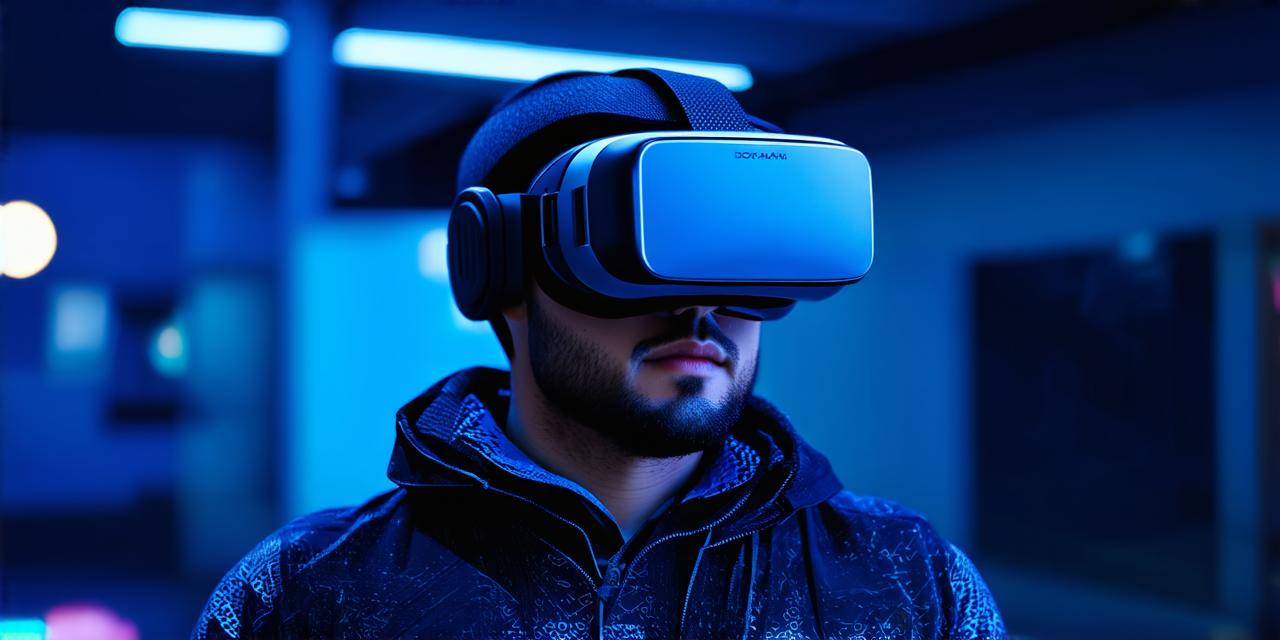Virtual reality (VR) technology has been rapidly evolving over the past few decades, and it is now becoming increasingly popular in a variety of applications. From gaming to healthcare and education, VR has the potential to revolutionize the way we interact with digital content and each other.
Benefits of Virtual Reality
Enhanced Immersion
One of the most significant advantages of VR is its ability to provide a highly immersive experience. With VR headsets, users can enter a fully digital environment that simulates real-world experiences with incredible accuracy. This level of immersion can be especially useful in fields such as gaming and entertainment, where users want to feel completely engrossed in the virtual world.
Improved Training and Education
Virtual reality can also be an effective tool for training and education. By simulating real-world scenarios, VR can provide a safe and controlled environment for individuals to practice skills and learn new concepts. For example, medical students can use VR simulations to practice surgical procedures, while pilots can use VR to practice flying in a risk-free environment.
Increased Accessibility
Virtual reality can also help to make experiences and content more accessible to people who may not have the opportunity to experience them otherwise. For example, individuals with mobility or health issues can use VR to visit historical sites or explore different cultures without leaving their homes.
Drawbacks of Virtual Reality
High Costs
One of the main drawbacks of VR is its high cost. The equipment needed to create and experience virtual reality can be expensive, which may limit its availability to certain individuals and organizations. Additionally, ongoing maintenance costs can also be a significant factor in determining whether VR is a feasible option for some businesses or educational institutions.
Motion Sickness
Another potential drawback of VR is the risk of motion sickness. Some users may experience nausea, dizziness, and other symptoms when using VR headsets, particularly if they are not acclimated to the technology or if they have a pre-existing condition that makes them more susceptible to motion sickness.
Addiction and Isolation
Virtual reality can also be addictive and isolating for some users. Spending long periods of time in a virtual world can lead to a disconnection from the real world, which may have negative effects on mental health and social relationships. Additionally, excessive use of VR technology may contribute to feelings of isolation or loneliness for individuals who are already socially isolated.
Conclusion

Virtual reality technology has the potential to bring many benefits to our lives, from enhanced immersion to improved training and education. However, it is important to carefully consider the drawbacks as well before adopting VR for personal or professional use. Ultimately, whether virtual reality is the right choice for you will depend on a variety of factors, including your budget, your needs, and your individual preferences and limitations.



